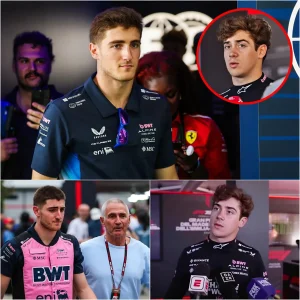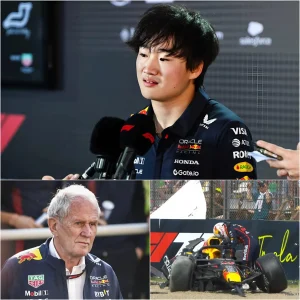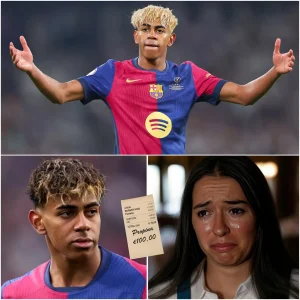Elon Musk, the South African-born billionaire and CEO of SpaceX, recently ignited controversy by claiming on X that his satellite internet service, Starlink, is barred from operating in South Africa with the six-word statement: “Starlink is not allowed in South Africa, because I’m not black.” This provocative remark, posted on March 7, 2025, has fueled heated debate, drawing sharp rebukes from South African officials and reigniting discussions about the country’s Black Economic Empowerment (BEE) policies. Musk’s claim suggests racial discrimination as the reason for Starlink’s absence, but South Africa’s telecom regulator and government officials have firmly denied this, pointing to regulatory compliance issues instead.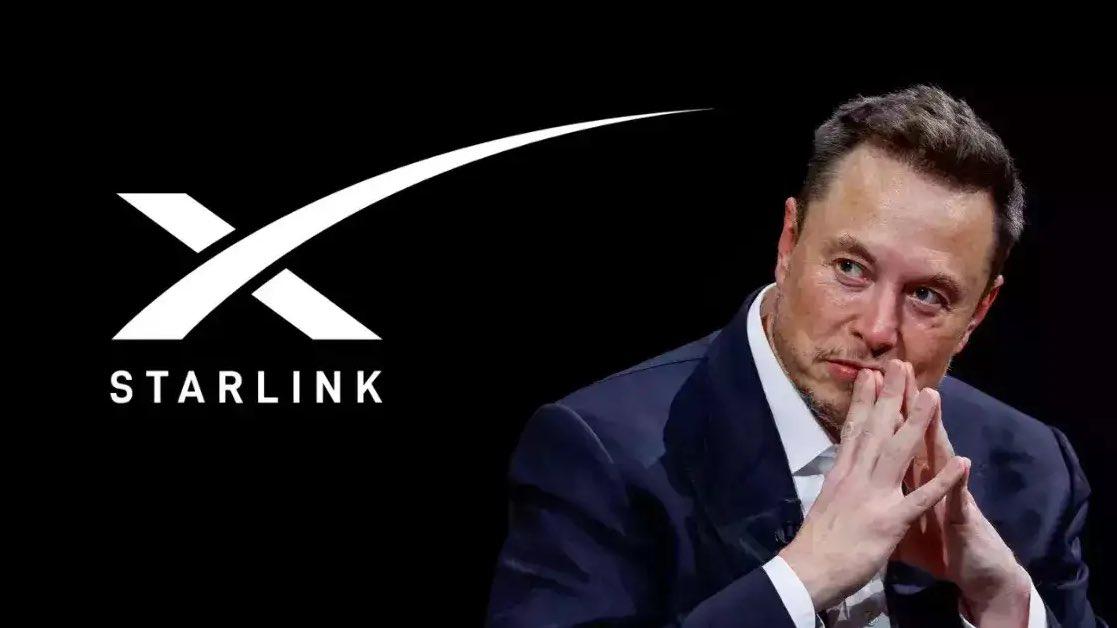
The Independent Communications Authority of South Africa (ICASA) clarified that Starlink has not applied for a license to operate in the country, a prerequisite for any telecommunications provider. South Africa’s BEE regulations require foreign-owned telecom companies to allocate 30% equity to historically disadvantaged groups, primarily Black South Africans, to address economic inequalities rooted in the apartheid era. Musk’s statement appears to reference these rules, framing them as discriminatory against him due to his race. However, Clayson Monyela, a senior official in South Africa’s foreign affairs department, swiftly countered on X, stating, “Sir, that’s NOT true & you know it! It’s got nothing to do with your skin colour. Starlink is welcome to operate in South Africa provided there’s compliance with local laws.”
Critics argue that Musk’s comments misrepresent the BEE policy, which applies uniformly to all foreign telecom operators, not just Starlink. Over 600 U.S. companies, including Microsoft, operate successfully in South Africa while adhering to these regulations. The policy aims to promote economic inclusion, but Musk and other critics, including South Africa’s Democratic Alliance party, contend it deters foreign investment and hinders technological progress. Starlink’s parent company, SpaceX, withdrew from ICASA’s regulatory hearings in February 2025, urging the regulator to consider “equity equivalents” like skills development programs as alternatives to direct ownership requirements.
Recent developments suggest potential progress. On May 20, 2025, Bloomberg reported that South Africa’s government is planning to offer Musk a workaround to the BEE ownership rules, allowing Starlink to operate by investing in disadvantaged communities rather than selling equity. This proposal, led by Communications Minister Solly Malatsi, aims to bridge the digital divide, particularly in rural areas where 20% of South Africans lack internet access. However, resistance from African National Congress lawmakers, who prioritize transformation policies, has stalled these efforts.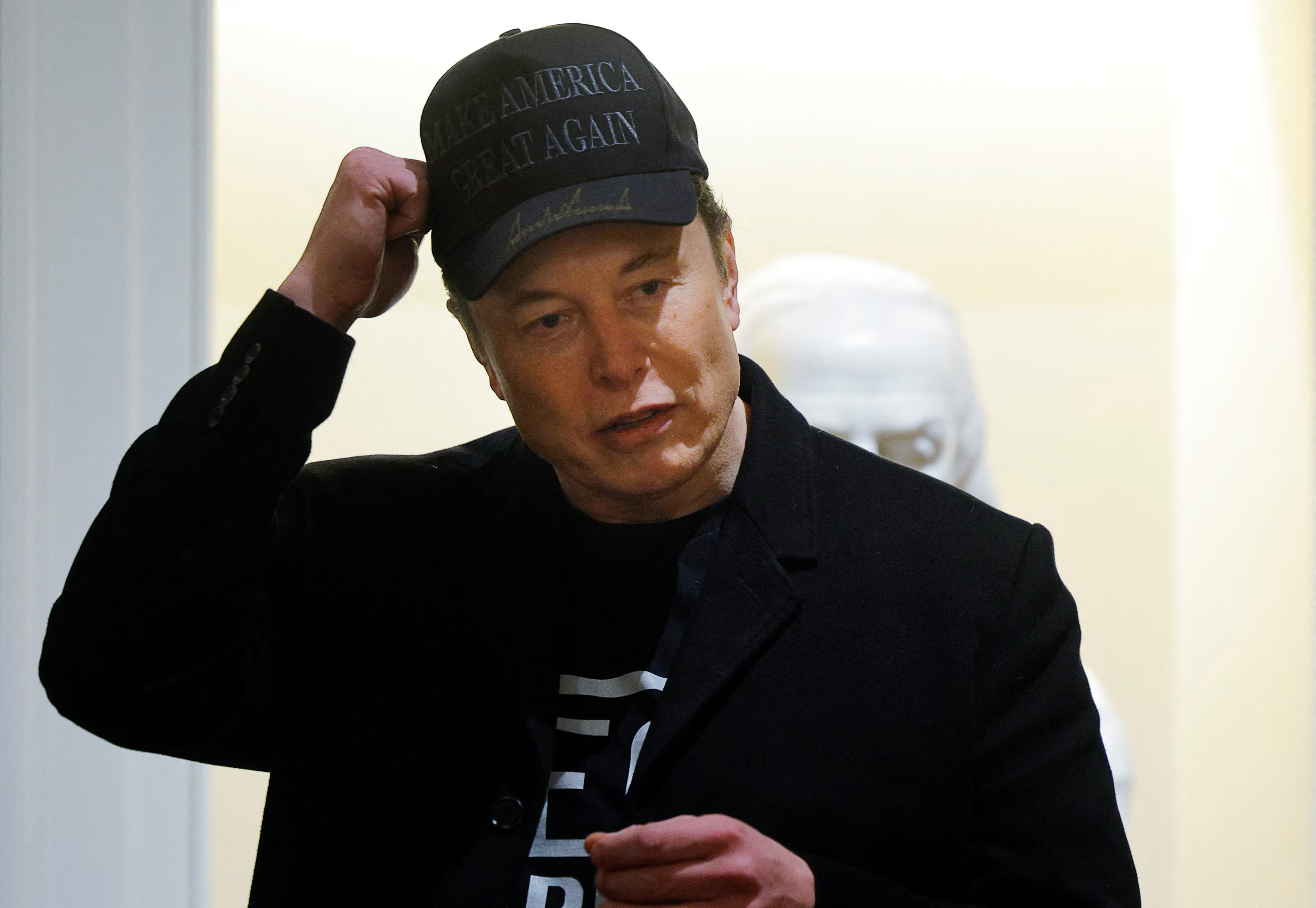
Musk’s remarks have strained his relationship with South Africa, where he met President Cyril Ramaphosa in 2023 to discuss investments. While Starlink operates in over 20 African countries, its absence in South Africa, the continent’s largest economy, underscores ongoing tensions between economic transformation goals and attracting foreign investment. The debate continues to polarize opinions, with some viewing Musk’s stance as a critique of outdated policies and others seeing it as inflammatory misinformation.



